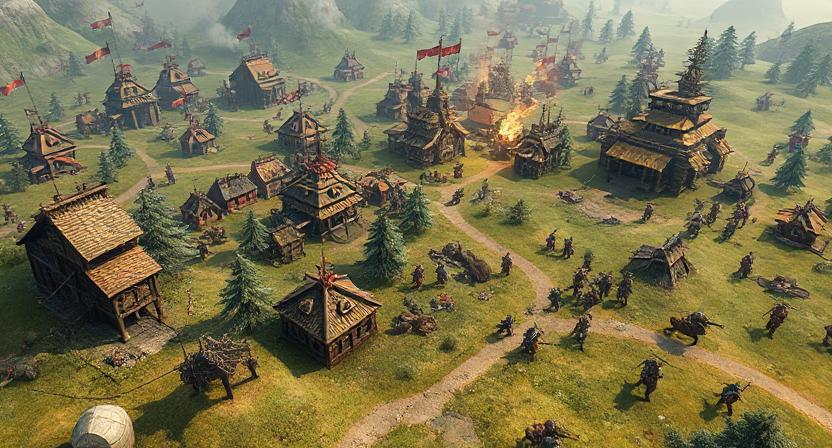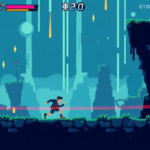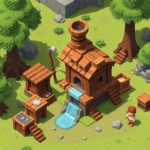Competitive multiplayer gaming is an ever-growing phenomenon, with titles like League of Legends, Valorant, and Overwatch capturing the attention of millions of players worldwide. But what makes the perfect multiplayer match? While the answer can vary from player to player, several key elements define an ideal competitive experience.
1. Fair Matchmaking
The most fundamental aspect of a competitive match is ensuring players face opponents of similar skill. Fair matchmaking systems help avoid situations where one team is significantly stronger than the other, leading to frustrating experiences. Games like Overwatch and Rocket League employ skill-based ranking systems to ensure balanced matches.
- Skill Tiers: Whether it’s ranked matchmaking or casual play, placing players in appropriate skill brackets ensures a fair and challenging environment. It allows newer players to grow without being overwhelmed while providing seasoned players with tough competition.
2. Team Synergy and Communication
In most multiplayer games, cooperation between players is key to success. Teams that communicate well, strategize together, and work in harmony are much more likely to succeed than those who act individually. Tools like voice chat and in-game ping systems help enhance communication, allowing teams to coordinate effectively.
- Roles and Specializations: In team-based games like Dota 2 or League of Legends, players are assigned specific roles, such as support, tank, or damage dealer. A well-balanced team with clear roles can outmaneuver an uncoordinated opponent.
3. Game Mechanics and Balance
The underlying mechanics of the game must be well-designed to provide a competitive edge. From movement speed and aiming precision to how abilities and weapons are balanced, good game design ensures that no single tactic or character becomes overpowered. Games like Valorant and Counter-Strike: Global Offensive pride themselves on offering mechanics that reward skill and strategy.
- Skill Expression: The best multiplayer games provide ample opportunities for players to express their skill through precise actions, whether it’s a perfectly timed shot or strategic ability usage.
4. Match Length and Pacing
The ideal competitive match is one that keeps players engaged but doesn’t overstay its welcome. A well-paced game has a rhythm that builds tension throughout, leading to intense moments without becoming monotonous.
- Progressive Objectives: In games like Overwatch, objective-based gameplay encourages players to work together toward a common goal, like capturing points or pushing payloads. The constant back-and-forth between teams helps maintain excitement and tension.
5. Fair Progression and Rewards
A good multiplayer match should reward players for their performance, whether through ranking systems, in-game rewards, or cosmetic items. This progression system motivates players to improve and keeps them invested in the game.
- Rewarding Effort: Games like League of Legends reward players with experience points and loot for their efforts. The sense of accomplishment after a hard-fought match is a key element in keeping players engaged in the long term.




Leave a Reply